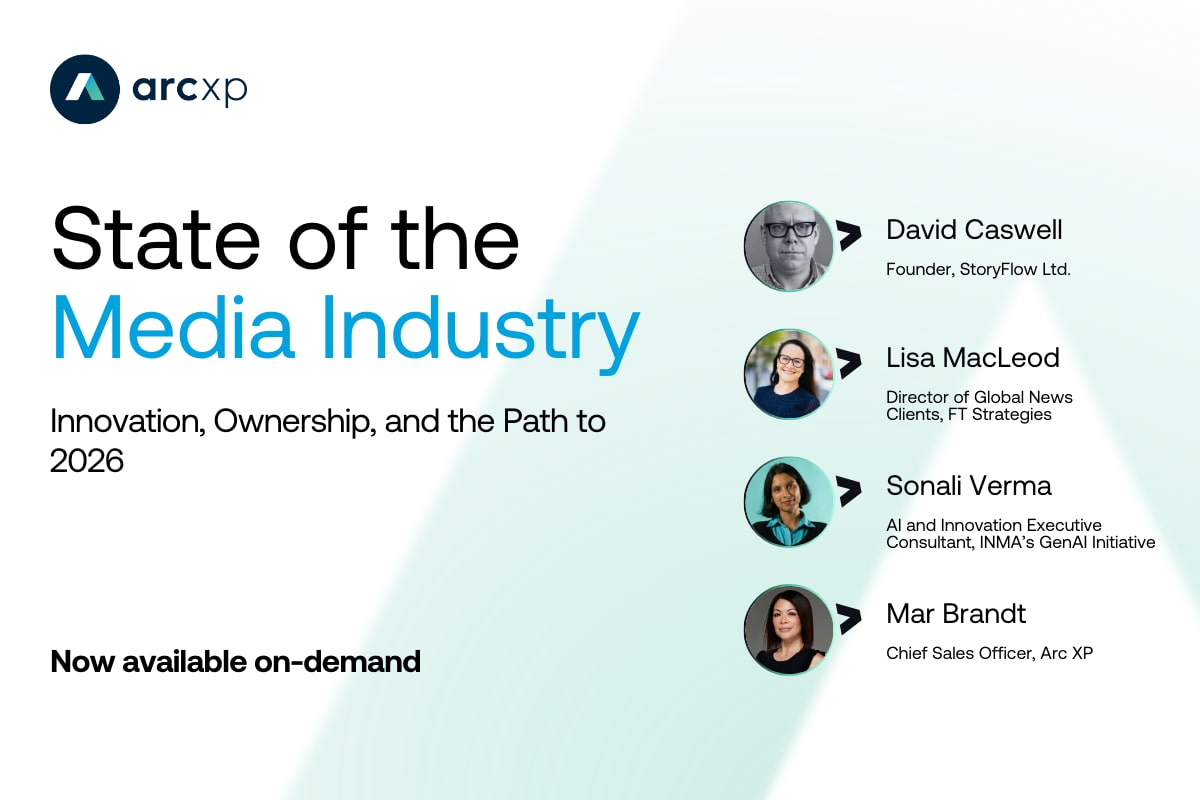DXP vs CMS : navigating the terrain of digital platforms

In the rapidly evolving realm of digital solutions, two contenders have risen to prominence, each playing a vital role in digital content management: Content Management Systems (CMS) and Digital Experience Platforms (DXP). Though their purposes overlap to some extent, they cater to different dimensions of the digital landscape.
Understanding CMS and DXP
A Content Management System (CMS) is a versatile tool designed to facilitate the efficient creation, organization, and publication of digital content. CMS platforms empower users to build and manage websites, blogs, and online stores without requiring an in-depth understanding of coding. A CMS excels at content structuring, making it a strong choice for businesses primarily focused on content distribution.
In comparison, a Digital Experience Platform (DXP) encompasses a wider array of functionalities. Going beyond content management, a DXP offers tools for personalized content delivery, customer engagement, analytics, and more. The aim of a DXP is to craft seamless, engaging, and immersive digital experiences for users across diverse touchpoints. DXP solutions cater to businesses that strive to deliver comprehensive online experiences, including digital subscriptions and video center solutions.
DXP vs CMS: Key Differences
1. Functionality Scope: CMS platforms center on content creation and management, while DXPs offer an extensive suite of tools designed to enhance the holistic digital experience. This includes personalized content delivery, AI-powered recommendations, and capabilities for crafting immersive video experiences.
2. Personalization: DXPs shine in their ability to provide tailored experiences. They leverage data and analytics to understand user behavior, enabling businesses to curate personalized journeys that resonate with individual users. In contrast, CMS platforms often have limited personalization capabilities.
3. User Engagement: DXPs excel in creating captivating user experiences. By delivering personalized content, fostering interactions through interactive elements, and enabling omni-channel communication, DXPs enhance engagement and nurture lasting connections between users and your brand.
When to Choose a CMS vs DXP?
The decision between a CMS and a DXP depends on your business objectives and digital strategy:
· CMS: Opt for a CMS if your primary focus revolves around content creation and distribution. It’s an ideal choice for blogs, simple websites, and businesses that don’t require advanced personalization or immersive digital experiences.
· DXP: Choose a DXP if your goals include elevating user experiences, driving conversions, and harnessing data insights. DXPs are perfect for businesses aiming to provide personalized journeys, engage users with interactive content, and deliver seamless experiences across various touchpoints.
Don’t know if we should add pros/cons section without any mention of our solutions to the cons:
Pros and Cons of CMS:
Pros:
· Ease of Use: CMS platforms provide intuitive interfaces, allowing users without extensive technical knowledge to manage and update content easily.
· Quick Deployment: CMS solutions offer pre-designed templates and plugins, enabling rapid website development and deployment.
· Content Organization: CMS platforms provide structured content management, making it simpler to categorize and manage large amounts of content.
· SEO-Friendly: Many CMS options offer built-in SEO features, aiding in optimizing content for search engines.
Cons:
· Limited Customization: CMS platforms can be restrictive in terms of design and functionality customization, particularly for complex needs.
· Scalability Challenges: As websites grow in complexity and traffic, some CMS platforms might struggle to handle increasing demands.
· Security Concerns: Because CMS solutions are widely used, they can become targets for hacking and security vulnerabilities if not properly maintained.
· Dependency on Plugins: Relying heavily on third-party plugins can lead to compatibility issues and potential security risks.
Why Opt for a DXP?
The decision to adopt a DXP hinges on the specific goals and needs of your business. If your primary focus revolves around content management and distribution, a CMS might serve your needs adequately. However, if your objectives encompass elevating user experiences, driving conversions, and harnessing data-driven insights, a DXP becomes a strategic investment.
A DXP empowers you to:
1. Craft Immersive Journeys: DXPs enable you to create personalized user journeys that span multiple touchpoints, ensuring consistent and engaging interactions.
2. Leverage Data Insights: With advanced analytics, DXPs provide invaluable insights into user behavior, enabling you to refine your strategies for optimal results.
3. Future-Proof Your Strategy: As customer expectations evolve, DXPs offer the flexibility to adapt and scale your digital presence without the need for platform migration.
While CMS and DXP both play crucial roles, the decision between them should align with your business objectives. CMS suits those focused on content management, while a DXP can be a transformative force for those striving to deliver comprehensive, data-informed, and personalized digital experiences that captivate and engage audiences.
Recent resources





